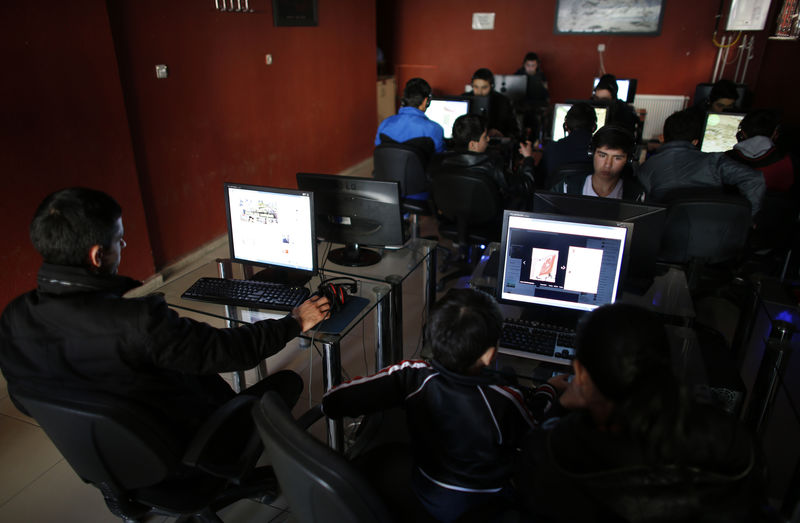ISTANBUL (Reuters) - A Turkish human rights news website discovered it had been removed from a list of 136 web sites and social media accounts banned by a court, the website's lawyer said on Thursday.
Bianet, a Turkish news website focusing on human rights and backed by Swedish funds, was on the list of 136 web links blocked by the court on July 16 at the request of a military police force on national security grounds.
However, the court removed Bianet from the list a day later, after receiving a letter from the gendarmerie that said it had been included by mistake, according to a ruling seen by Reuters.
Bianet's lawyer Meric Eyuboglu said that the websites had not been notified of the initial ruling. She had found out the site was banned earlier this week, and only later learned that it had subsequently been removed from the list.
She said the court had not questioned the gendarmerie's initial request to block the 136 web links, or the request to remove Bianet.
"There is no reasoning in the gendarmerie petition, there is no reasoning in the court ruling. The court banning access due to one application is a very problematic situation for press freedom and freedom of expression," she said.
Among the banned websites was one established to share information about an ongoing trial against 16 civil society figures and artists over 2013 mass protests against a plan to redevelop a park in central Istanbul.
Turkish authorities regularly block access to websites. Access to Wikipedia has been blocked since April 2017, and Twitter and YouTube were banned in the past.

Critics say President Tayyip Erdogan has undermined democracy and human rights in Turkey. The government says it has acted justifiably against threats from militants at home and abroad, including plotters behind a failed 2016 coup.